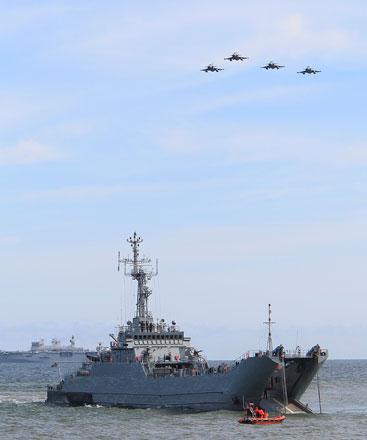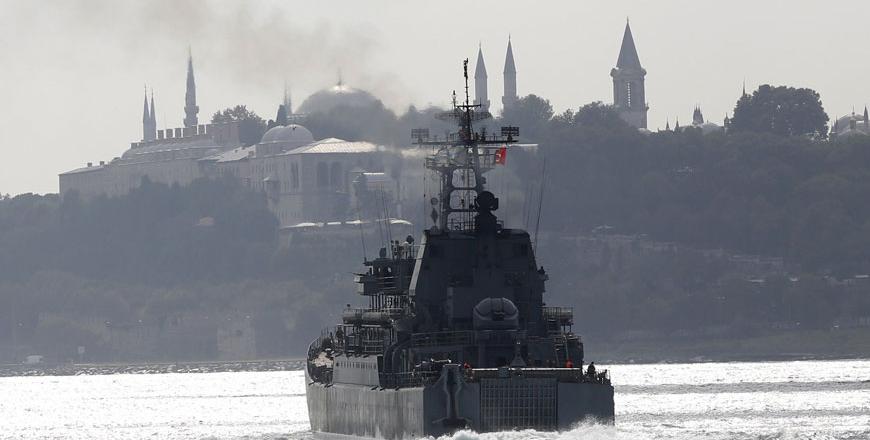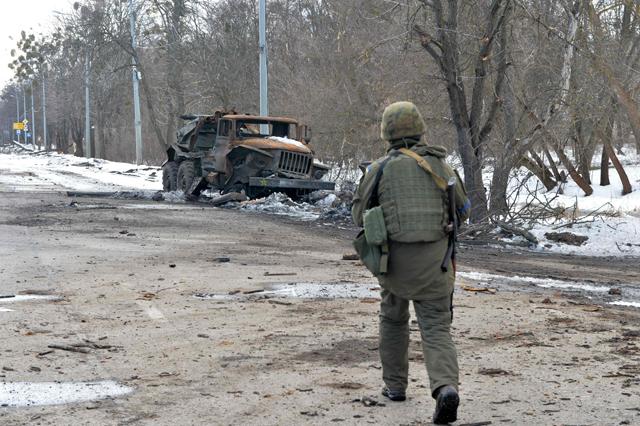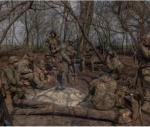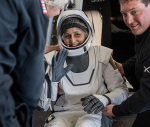You are here
NATO ready to advise Libya on security, eyes more drones
By AP - Feb 26,2015 - Last updated at Feb 26,2015
ROME — NATO's chief said Thursday the alliance was ready to advise Libya's government on defence and security issues, saying the deteriorating situation in the country is posing new security threats for Europe that require a more robust defence.
Secretary General Jens Stoltenberg also told a news conference in Rome that the alliance plans to bolster its surveillance of the region by using drones based at the naval air station in Sigonella, Sicily, starting next year.
NATO helped enforce an arms embargo and a no-fly zone over Libya during the 2011 ouster of Muammar Qadhafi's regime. The mission ended in October 2011 and the security situation has since spiraled out of control with two separate governments and multiple armed groups, including some affiliated with the Daesh.
Stoltenberg has said there should have been more international presence in Libya after the military operation ended, and pledged Thursday that NATO was available to help.
"NATO stands ready to support Libya with advice on defence and security institution building, as requested by the Libyan government," he said, repeating a pledge by NATO members at a September summit in Wales.
He cited the deteriorating situation in Libya, the Mideast and the conflict in Ukraine as evidence that NATO requires more robust defence spending than in the years after the end of the Cold War, when defence budgets were slashed.
"The world has changed. We have seen new threats and new challenges," he said.
On Ukraine, he called for all sides to respect the ceasefire and in particular for Russia to withdraw its heavy weaponry.
"Russia has transferred in recent months over one thousand pieces of equipment, tanks, artillery and air defence systems. They have to withdraw this equipment and stop supporting the separatists," he said. "Any attempts to expand further the territory held by separatists would be a clear violation of the ceasefire. And it would be unacceptable to the international community."
Related Articles
WARSAW — Battleships. Tanks. Helicopters.
BRUSSELS — Turkey appealed to its NATO allies on Thursday to shore up missile defences in the country aimed at shooting down Syrian rockets,
BRUSSELS — NATO chief Jens Stoltenberg said Wednesday the alliance was looking to substantially bolster forces on its eastern flank after Ru


